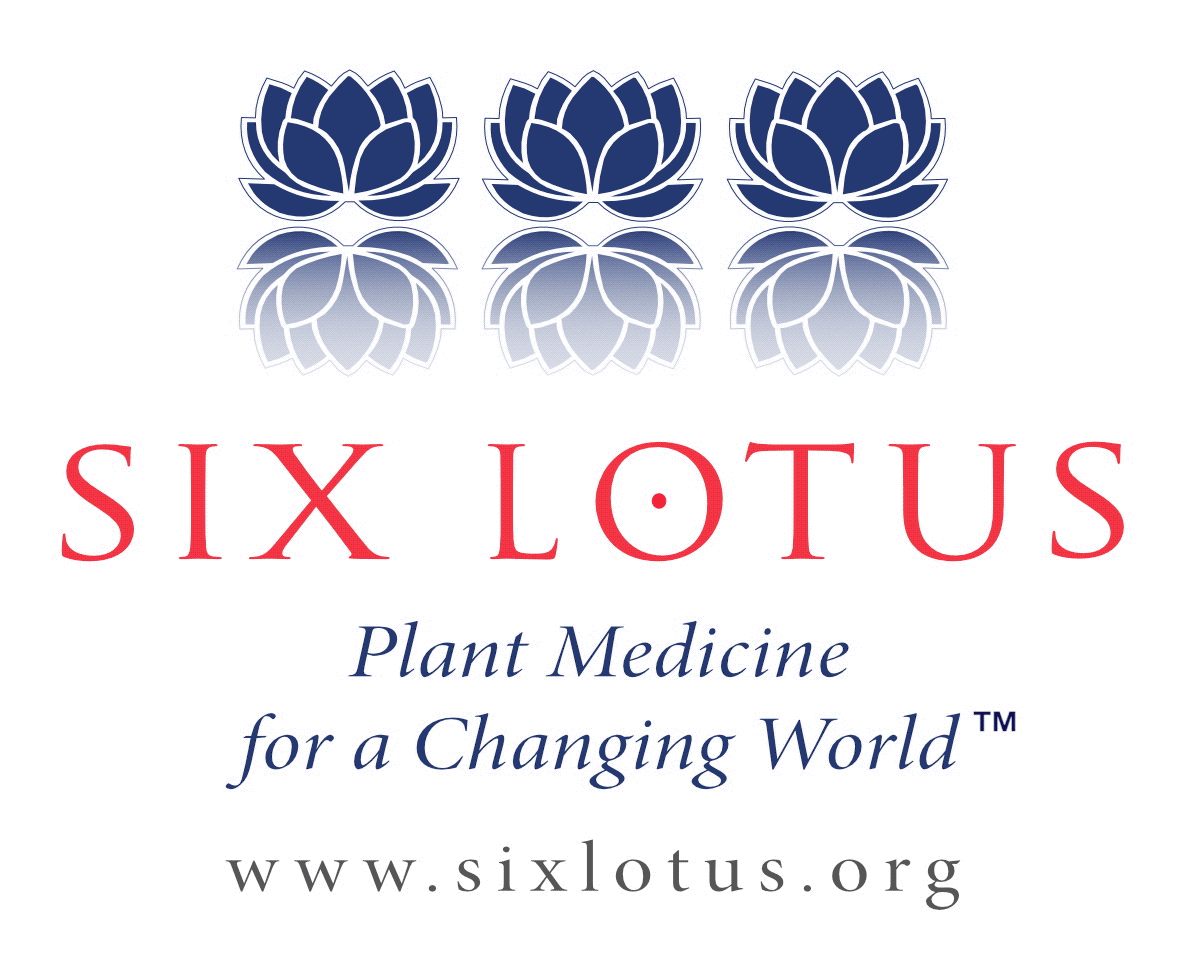Six Lotus tinctures are designed to meet individuals exactly where they are—regardless of their current lifestyle, diet, or stage of healing.
While many health conditions ultimately require deeper lifestyle changes such as adopting a whole-food, plant-based diet, reducing stress, and avoiding environmental toxins, Six Lotus recognizes that transformation is a process. These formulations provide immediate, bioavailable support for the body’s healing systems using rigorously selected plant compounds rooted in both ancient wisdom and modern science. Whether someone is just beginning their health journey or is already deeply engaged in lifestyle medicine, Six Lotus offers an accessible, integrative step forward—empowering the body’s innate capacity for resilience, repair, and balance. And we hope that you will explore a Whole-Food, Plant-Based Diet Without Salt, Oil, or Sugar further. It supercharges your health journey.
Therapeutic Applications of a Whole-Food, Plant-Based Diet Without Salt, Oil, or Sugar
A whole-food, plant-based (WFPB) diet that excludes added salt, oil, and sugar (SOS-free) has been shown to prevent, halt, and often reverse chronic diseases including cardiovascular disease, type 2 diabetes, hypertension, obesity, and inflammatory conditions. When paired with medically supervised water-only fasting, it accelerates neurobiological and metabolic reset, allowing sustainable long-term adoption and improved outcomes.
1. Introduction
Modern chronic disease arises from a mismatch between human physiology and the processed Western diet. The SOS-free WFPB approach focuses on unrefined plant foods—vegetables, fruits, legumes, whole grains, seeds, and nuts—while excluding animal products and processed substances. This dietary pattern targets root mechanisms including chronic inflammation, oxidative stress, insulin resistance, and gut dysbiosis (Campbell & Campbell, 2006; Greger, 2015).
2. Mechanistic Foundations
2.1 Sodium Elimination
Chronic sodium overload contributes to vascular remodeling, impaired nitric oxide function, and sympathetic nervous system overactivation. Studies show blood pressure responds rapidly to sodium reduction alone (He & MacGregor, 2010), and salt removal allows true taste adaptation. Learn more
2.2 Oil Exclusion
Dietary oils, regardless of origin, are calorically dense and devoid of fiber and phytonutrients. Consumption of oil, especially in isolated form, has been shown to impair endothelial function and promote insulin resistance (Vogel et al., 2000). Its removal reduces inflammation and enhances cardiovascular function. Learn more
2.3 Sugar Elimination
Refined sugars cause hyperinsulinemia, promote hepatic fat accumulation, and drive cravings by overstimulating dopaminergic reward circuits. Their exclusion stabilizes glycemia, promotes satiety, and restores microbiome diversity (Lustig et al., 2012). Learn more
3. Fasting and Dietary Transition
Medically supervised water-only fasting, as practiced at TrueNorth Health Center, offers a powerful intervention to break addiction to hyperpalatable foods. Fasting induces autophagy, lowers leptin resistance, resets hypothalamic regulation of hunger, and allows patients to recalibrate taste buds for natural foods (Goldhamer et al., 2002; Goldhamer & Lisle, 2020).
4. Clinical Outcomes
Clinical and observational data show remarkable improvements across multiple domains:
Hypertension: Normalization without medication (Goldhamer et al., 2002)
Type 2 Diabetes: Reversal with reduced HbA1c and insulin dependency (Barnard et al., 2006)
Coronary Artery Disease: Arrest and reversal of atherosclerosis (Esselstyn, 2010; Ornish et al., 1998)
Obesity: Sustainable weight loss with improved metabolic markers (McDougall et al., 2014)
5. Neuroadaptation and Craving Reduction
Highly processed foods hijack brain reward pathways, leading to overconsumption and food addiction. A period of fasting followed by exposure only to whole foods allows dopaminergic normalization and craving extinction (essential reading; “ The Pleasure Trap” by Goldhamer and Lisle). As Chef AJ notes, “Your taste buds will recover—and your preferences will change” (Chef AJ, 2018).
6. Medication Considerations
Patients using statins, insulin, or antihypertensives must undergo dietary transition under supervision. Statins in particular should not be stopped abruptly; gradual tapering while monitoring lipid levels and considering plant-based alternatives (e.g., fiber, niacin, phytosterols) is advised.
Caution: Fasting alters drug pharmacokinetics. Medication dosages must be reassessed throughout the fasting and refeeding phases (Goldhamer et al., 2002).
7. Conclusion
An SOS-free, whole-food, plant-based diet—initiated or supported by supervised water fasting—aligns with fundamental physiological repair processes and addresses root causes of chronic disease. It is safe, scalable, and sustainable when implemented with medical guidance and nutritional education.
References
Barnard, N.D. et al. (2006) ‘A low-fat vegan diet improves glycemic control and cardiovascular risk factors in individuals with type 2 diabetes’, Diabetes Care, 29(8), pp.1777–1783.
Campbell, T.C. and Campbell, T.M. (2006) The China Study. Dallas, TX: BenBella Books.
Chef AJ (2018) The Secrets to Ultimate Weight Loss. Summertown, TN: Book Publishing Company.
Esselstyn, C.B. (2010) Prevent and Reverse Heart Disease. New York: Avery.
Goldhamer, A. et al. (2002) ‘Medically supervised water-only fasting in the treatment of hypertension’, Journal of Manipulative and Physiological Therapeutics, 25(5), pp.335–339.
Goldhamer, A. and Lisle, D. (2020) The Pleasure Trap. Summertown, TN: Book Publishing Company.
Greger, M. (2015) How Not to Die. New York: Flatiron Books.
He, F.J. and MacGregor, G.A. (2010) ‘Reducing population salt intake worldwide: from evidence to implementation’, Progress in Cardiovascular Diseases, 52(5), pp.363–382.
Lustig, R.H. et al. (2012) ‘The toxic truth about sugar’, Nature, 482(7383), pp.27–29.
McDougall, J. et al. (2014) ‘Effects of a 7-day plant-based nutrition program on health outcomes’, Nutrition Journal, 13(1), p.99.
Ornish, D. et al. (1998) ‘Intensive lifestyle changes for reversal of coronary heart disease’, JAMA, 280(23), pp.2001–2007.
Vogel, R.A. et al. (2000) ‘The postprandial effect of components of the Mediterranean diet on endothelial function’, Journal of the American College of Cardiology, 36(5), pp.1455–1460.

